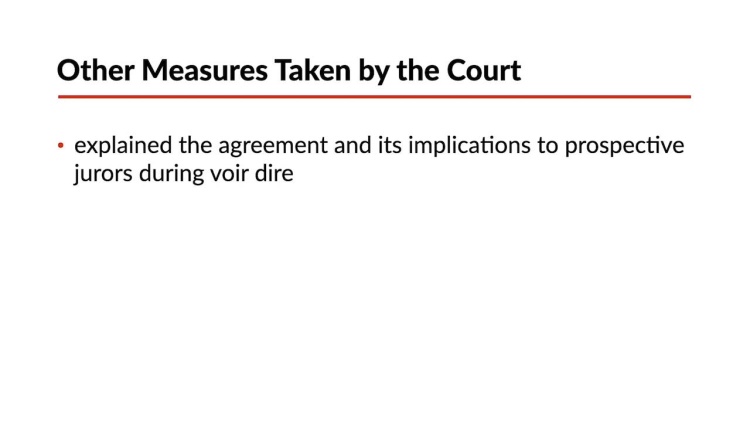Elbaor v. Smith
Supreme Court of Texas
845 S.W.2d 240 (1992)
- Written by Michael Beverly, JD
Facts
Ms. Smith (plaintiff) was in a car accident and suffered a compound fracture to her ankle. She was treated by Dr. Syrquin in the Dallas/Fort Worth Medical Center (DFWMC) and later treated at the Arlington Community Hospital (ACH) by Drs. Elbaor, Stephens, and Gatmaitan (defendants). After all of the treatment, Smith’s ankle joint fused. Smith filed a medical malpractice suit against DFWMC, ACH, and the doctors listed above. Smith settled with and dismissed the claims against DFWMC and non-suited her claim against Dr. Gatmaitan. She also entered into settlement agreements with Dr. Syrquin, Dr. Stephens, and ACH. These settlement agreements, termed “Mary Carter” agreements, provided that Dr. Syrquin, Dr. Stephens, and ACH would pay Smith a total of $425,010, but remain as defendants of record and be reimbursed out of any settlement money paid by the sole remaining defendant, Dr. Elbaor. Dr. Elbaor moved that the agreements be void as against public policy, but this motion was denied. The jury awarded Smith $2,253,237 in damages, deeming Elbaor 88 percent at fault and Dr. Syrquin 12 percent at fault. The trial court then subtracted the credits from the Mary Carter agreements and awarded Smith $1,872,848 from Dr. Elbaor. The court of appeals affirmed. Dr. Elbaor appealed.
Rule of Law
Issue
Holding and Reasoning (Gonzalez, J.)
Dissent (Doggett, J.)
What to do next…
Here's why 899,000 law students have relied on our case briefs:
- Written by law professors and practitioners, not other law students. 47,000 briefs, keyed to 994 casebooks. Top-notch customer support.
- The right amount of information, includes the facts, issues, rule of law, holding and reasoning, and any concurrences and dissents.
- Access in your classes, works on your mobile and tablet. Massive library of related video lessons and high quality multiple-choice questions.
- Easy to use, uniform format for every case brief. Written in plain English, not in legalese. Our briefs summarize and simplify; they don’t just repeat the court’s language.





